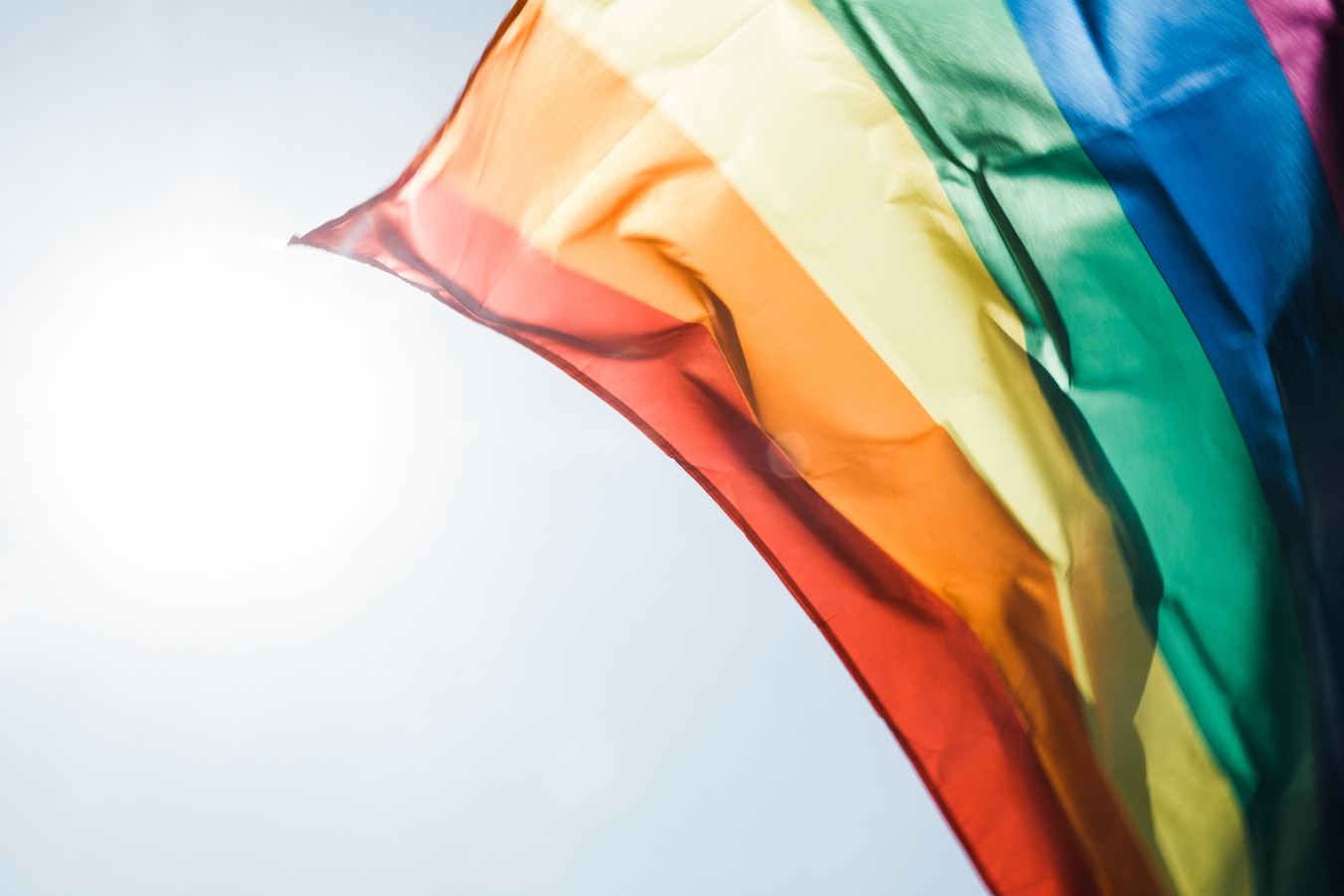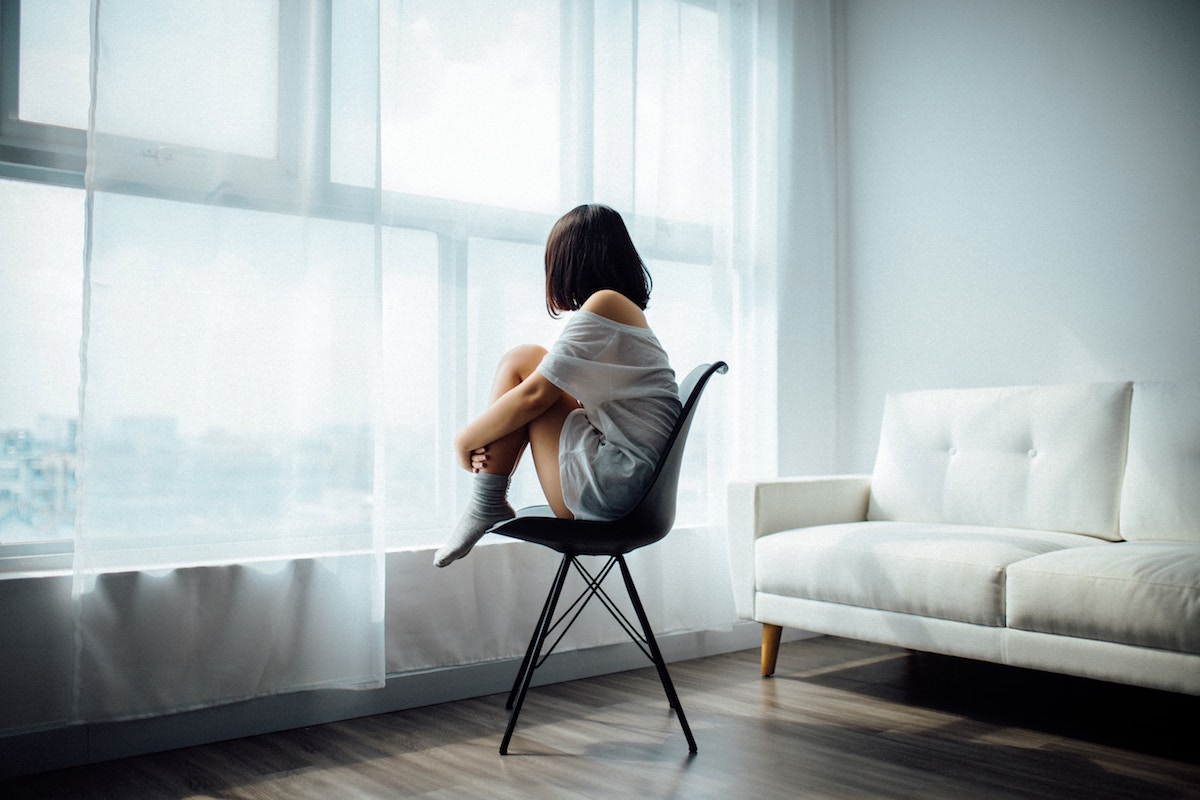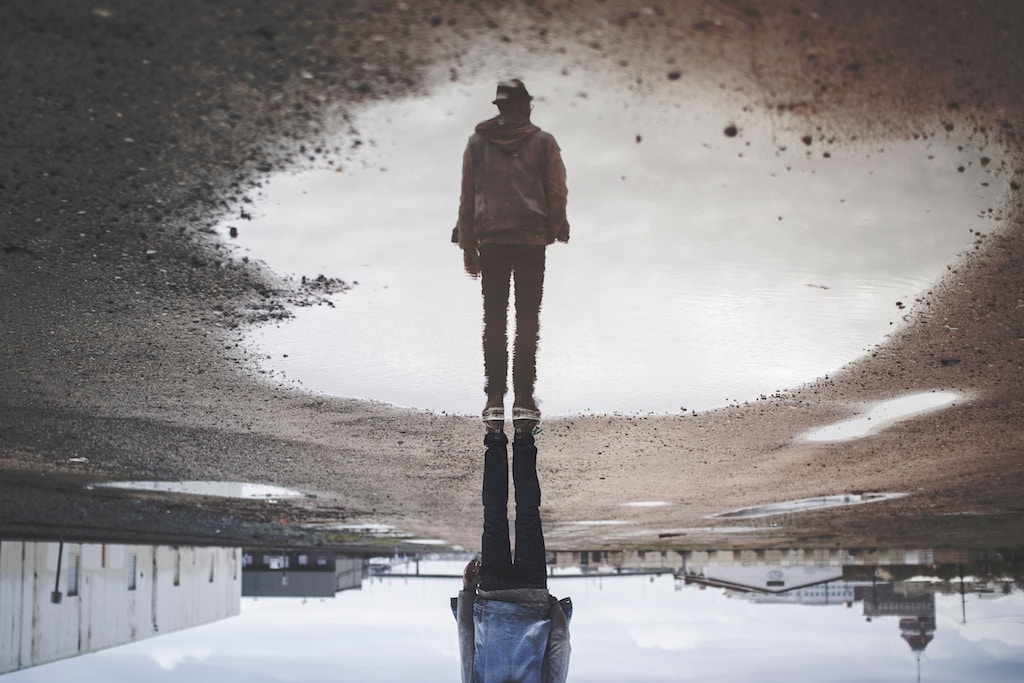Reporter’s Diary: Mental Health Challenges for Gender and Sexual Minorities
By Devanik Saha
In an earlier column on The Health Collective, I had written about the severity of the mental health crisis in India. Even though not enough attention is paid to the issue (both in India and abroad), conversations around mental health are gaining traction. In March 2017, India passed the Mental Healthcare Bill which decriminalised suicide and safeguarded the rights of mentally-ill persons in India.
Also Read: The Law and You: Mental Health in India
Even though mental health discussions are being normalised, it is critical that these discussions and deliberations include gender and sexual minorities, who are more vulnerable to suffer from mental illnesses than the rest of the population. It is preferable to use the terms “gender and sexual minorities” rather than the commonly used term LGBT (Lesbian, Gay, Bisexual, Transgender) because LGBT conflates gender and sexual identities, but this article will focus use both terms interchangeably due to limited research.
Lack of Sufficient Data on Mental Health and Gender, Sexual Minorities
Gender and sexual minorities are in themselves issues which have been traditionally underserved, therefore, there is a lack of data on mental health issues related to them. But a few studies from advanced economies point us to the high likelihood of minorities being more vulnerable to mental health illnesses.
A 2016 study in the US suggests that gay and bisexual high schoolers are four times more likely to have attempted suicide in the past year than their straight classmates, according to the first nationally representative study of queer youth in the country. Another study conducted in the United Kingdom across 7000+ adults in 2007 revealed that self-reported identification as non-heterosexual was associated with unhappiness, neurotic disorders, suicidal thoughts and harms and other mental disorders and illnesses.
Sweden is considered one of the most gender-equal countries globally, but a 2017 study revealed that gay and lesbian individuals were more likely to receive treatment for anxiety disorders and bisexuals were more likely to receive treatment for mood disorders and substance abuse when compared with heterosexuals. The study added that the impact of stressful issues such as exposure to victimisation or threat of assaults and lack of social support partly explain these disparities.
Though there is no large-scale nationally representative study in India, the above mentioned studies and anecdotal evidence and reports suggest that gender and sexual minorities in India are likely to be more vulnerable to mental health illnesses as well.
Discrimination Faced by Minorities is Associated with Mental Health
In India, the gender and sexual minorities face huge stigma and find it difficult to be accepted by society, which proscribes their desire to speak openly about their gender and sexual identities publicly and this is a critical problem.
Dr Qazi Rahman, a lecturer and researcher at the Institute of Pscyhiatry at Kings College London spoke to The Health Collective in depth about this issue.
He said, “LGBTs have a social identity that is not visible unlike say ethnic identity. Concealing this identity may be detrimental to mental health because it causes anxiety and hyper-vigilance about being found out, detached from one’s true social identity impairs self-esteem, and having to make repetitive decisions about whether to disclose one’s identity depletes cognitive resources.”
In the case of transgenders – a gender minority – there has been some limited progress which includes legal recognition, jobs given by government agencies, participation in electoral politics, etc. But there is still a long way to go. In May 2017, the newly-launched Kochi Metro employed 23 transgenders, which was the first time a government-owned company in India provided employment in large numbers to the minorities. However, within a month, many of them left the job as several home owners refused to rent their homes to them in Kochi – an example of discrimination meted out to them despite legal recognition.
Also Read: INDIA’S MENTAL HEALTH CRISIS
She said, “When you’re constantly made to feel guilty about being different, you start checking yourself a lot. You begin to lose your confidence and every time start asking if it’s your fault. Anxiety is very common among queer folks. After I came out to my parents, I’ve been struggling with a lot of anxiety. I sought help but I stopped seeking it because it made me feel even more guilty because I didn’t tell my parents about seeking help.”
The situation is much worse for sexual minorities. In December 2013, the Supreme Court (SC) upheld Section 377 and criminalised homosexuality in India. This decision was vehemently protested by activist groups and researchers as they argued that apart from curbing freedom of sexuality, this would lead to further discrimination and marginalisation of sexual minorities. In Chennai, as many as 16 people belonging to sexual minority groups committed suicide in 18 months after this verdict, as reported by the New Indian Express in October 2015.
Vikram Patel, a renowned mental health expert and Professor at Harvard Medical School, told the Health Collective, “Any form of discrimination, Section 377 in India’s case, will lead to a greater burden of stress and anxiety for those who are targeted, and this represents a violation of an individual’s fundamental right to mental health and freedom of expression.”

Tirana Gay (P)ride 2016: Photo By Albinfo (Own work)
[CC BY-SA 4.0 (http://creativecommons.org/licenses/by-sa/4.0)], via Wikimedia Commons
Future Challenges: What Should be done
The passing of the Mental Healthcare Bill was a critical step as it addresses rights, but it is clearly not enough. As highlighted earlier, discrimination is a key factor associated with poor mental health and illnesses.
Though the Article 15 (1) of the Indian Constitution prohibits discrimination on account of religion, race, caste, sex, place of birth, it has primarily been interpreted as discrimination based on a single ground and not intersectional discrimination. For example, it addresses the discrimination against a man or a women on account of being a man or a woman, but doesn’t address discrimination faced by a Dalit lesbian woman, which is a multiply marginalised identity.
In March 2017, Dr Shashi Tharoor, Member of Parliament from Thiruvananthapuram, introduced the Anti-Discrimination and Equality Bill 2016 in the Lok Sabha, which addresses every form of discrimination faced by people in India, including gender and sexual minorities. The Bill is yet to be passed by both houses of the Parliament.
Dr Rahman says “In the case of sexual orientation, it appears that people make judgements about whether someone is gay or not from their levels of gender typical appearance, gestures, behavior and voice. So it is possible that LGBT people who are more gender non-conforming are a greater risk of being stigmatised and socially excluded than LGBT people (who) are more gender-conforming. This means that people can be targets of stigma and discrimination not only when they identify themselves openly but also when they are perceived to be a minority”.
Dr Rahman’s views are echoed by this video below, in which transgenders employed with Kochi Metro urge the public to not look at them as different individuals, rather a normal human being.
The passage of Dr Tharoor’s bill is critical to address discrimination against gender and sexual minorities.
Collection of Evidence:
Another critical step going forward would be to collect evidence, according to Dr Rahman. He said, “We need to develop evidence-based interventions that address the unique mental health issues affecting LGBTs. This is because mental health disparities are never entirely eliminated if you just deal with social policies. Thus, we might work towards developing psychological interventions which reduce the use of cognitive rumination subsequent to a discrimination- related experience or use psychological therapies to augment emotion regulation skills in LGBT people.”
Efforts are ongoing. Dr Neeral Sheth, a psychiatrist based in the US, is leading this study on LGBT and mental health in India.
(*Name changed on request; Leyla told The Health Collective that she doesn’t want to disclose her name because it will bring unnecessary limelight and increase her anxiety.)
 About the Author
About the Author
Devanik Saha is an MA Gender & Development student at the Institute of Development Studies, University of Sussex and a freelance journalist. He tweets @devanikindia.
Views Expressed are Personal. Material on The Health Collective cannot substitute for professional mental health advice from a trained professional.






Pingback: Mental Health and the LGBTQ+ Community